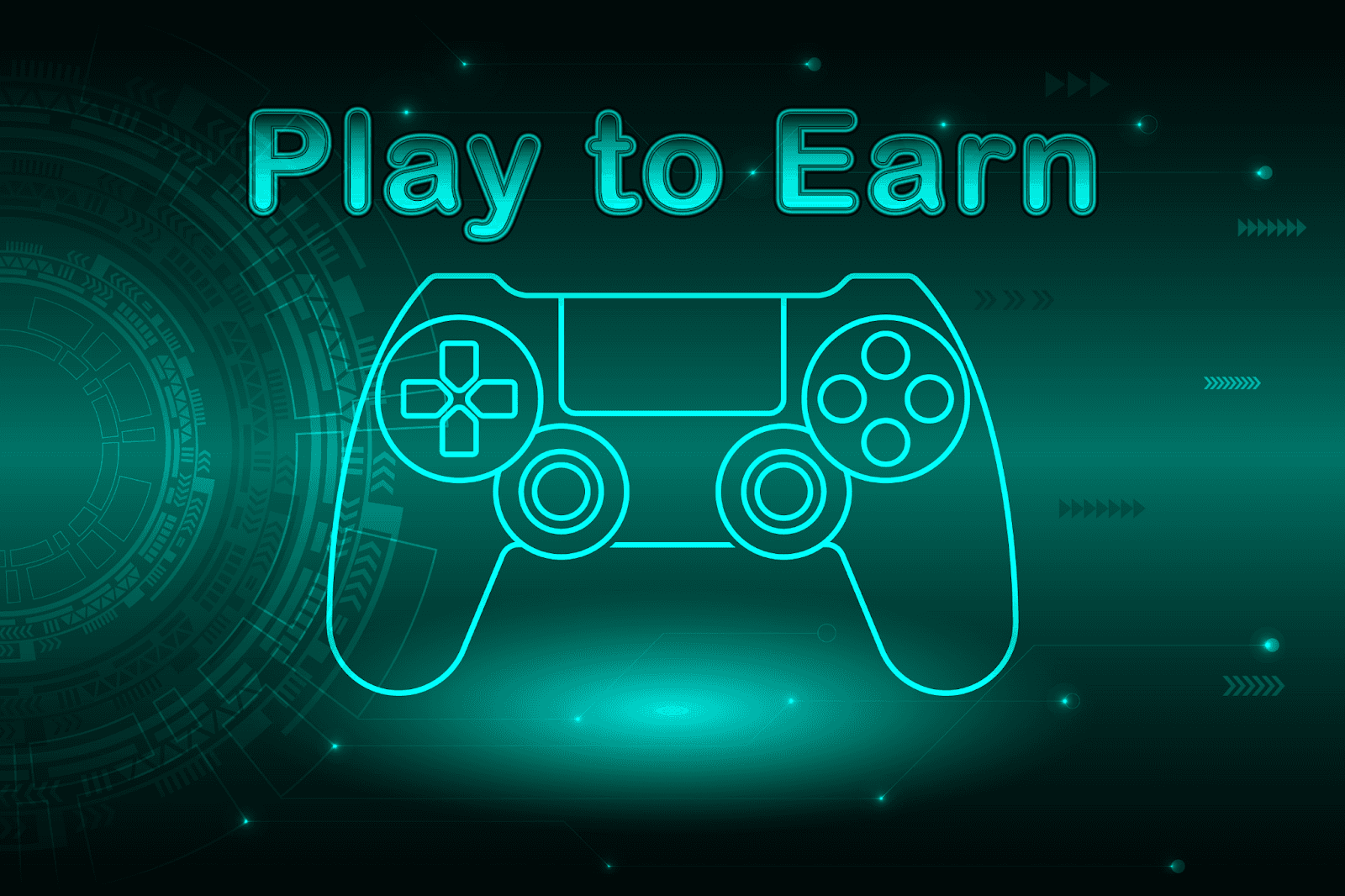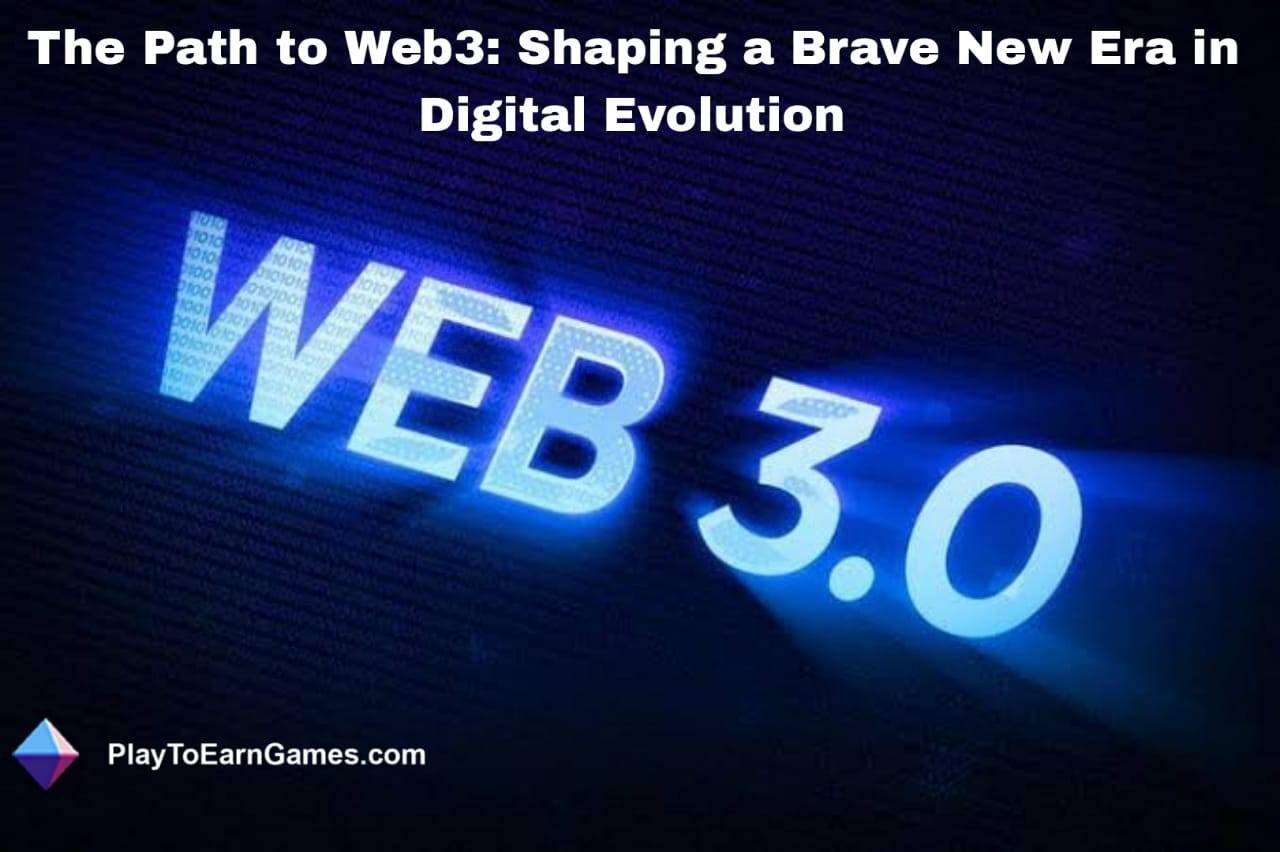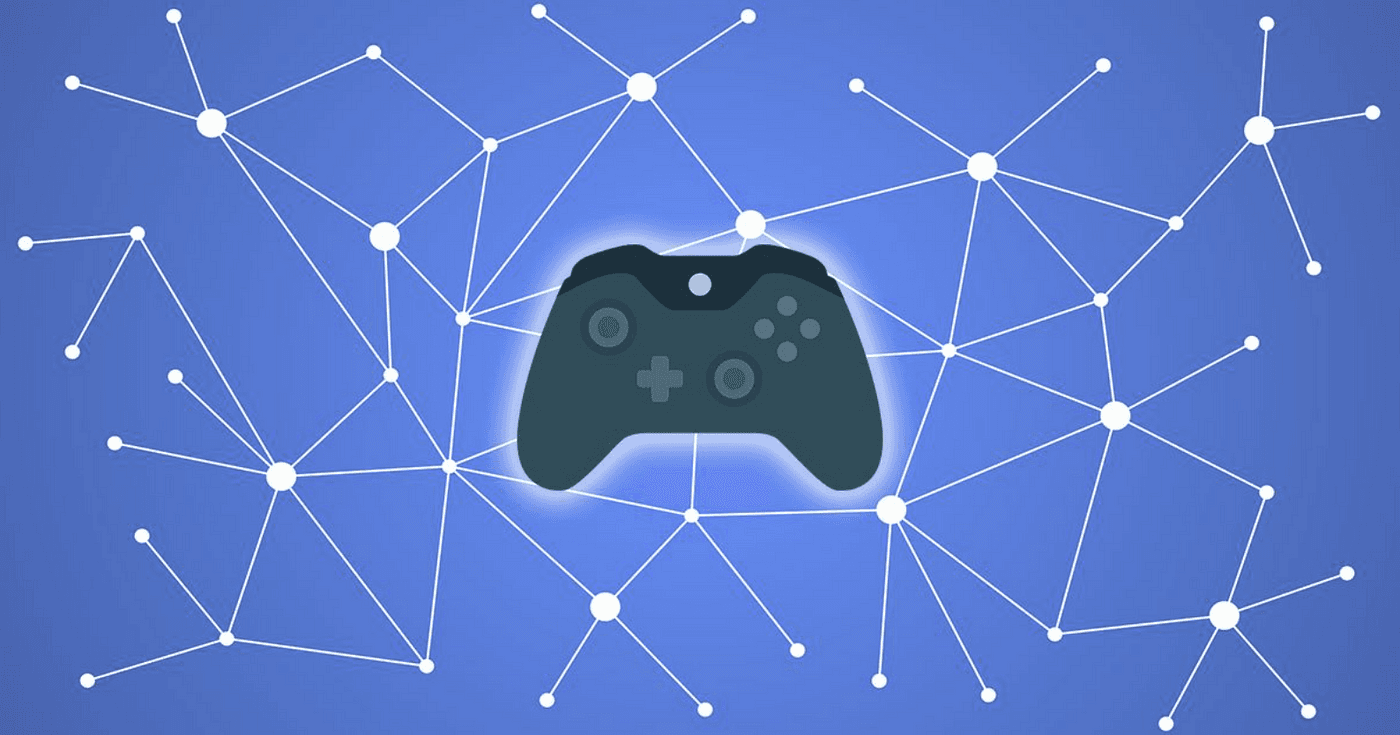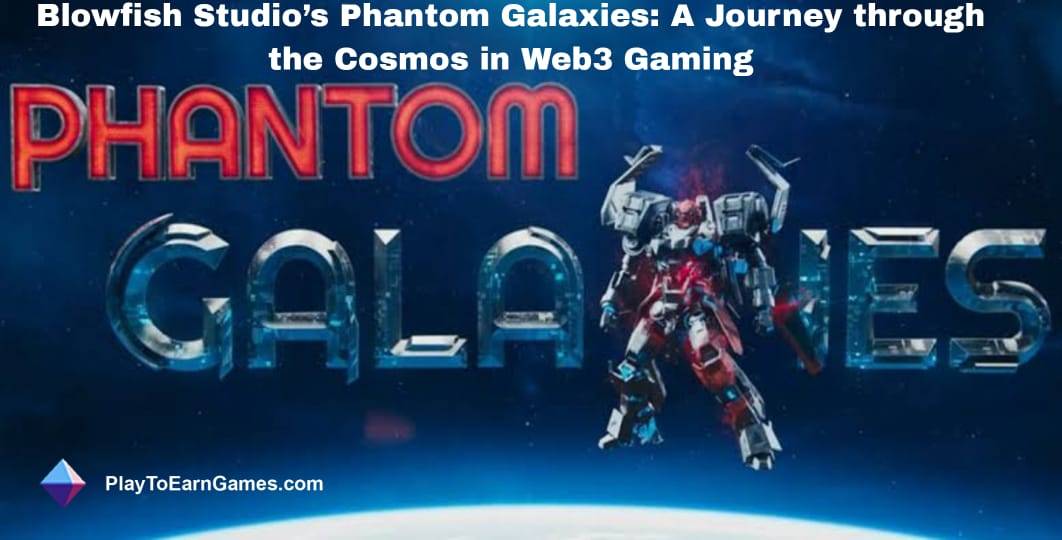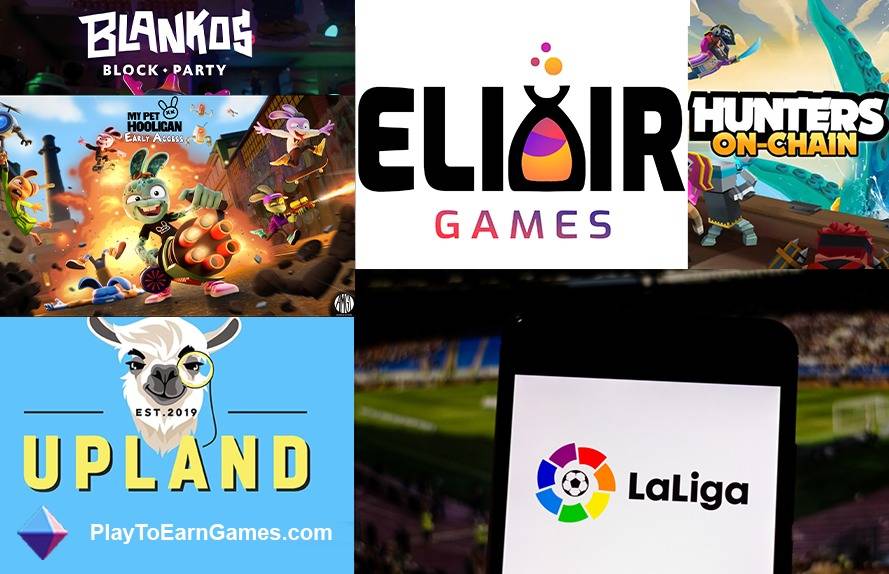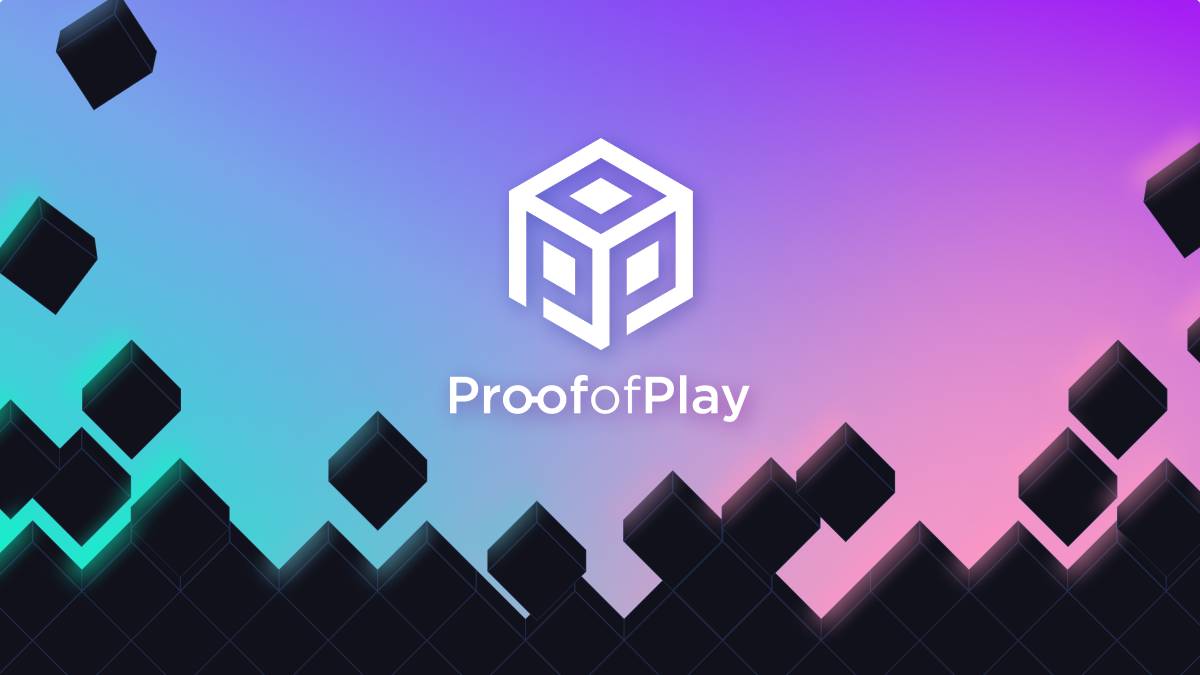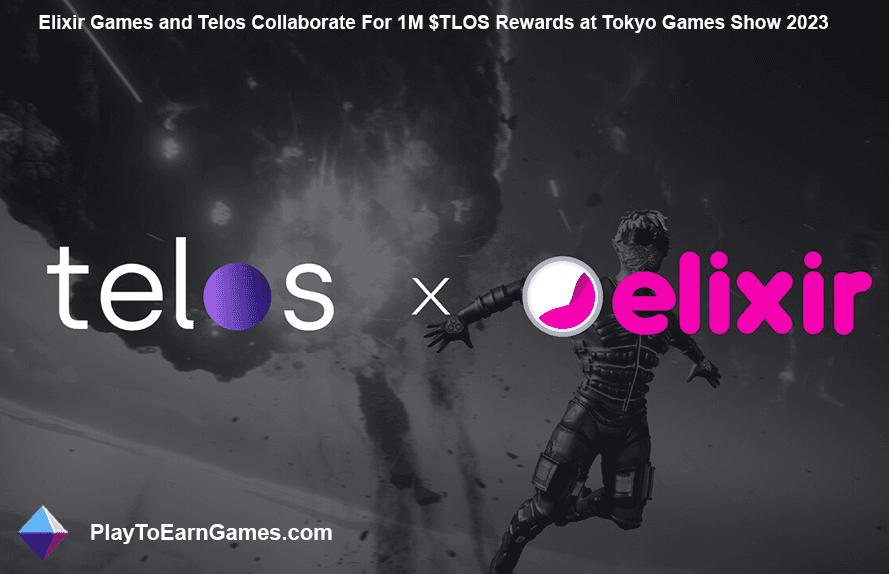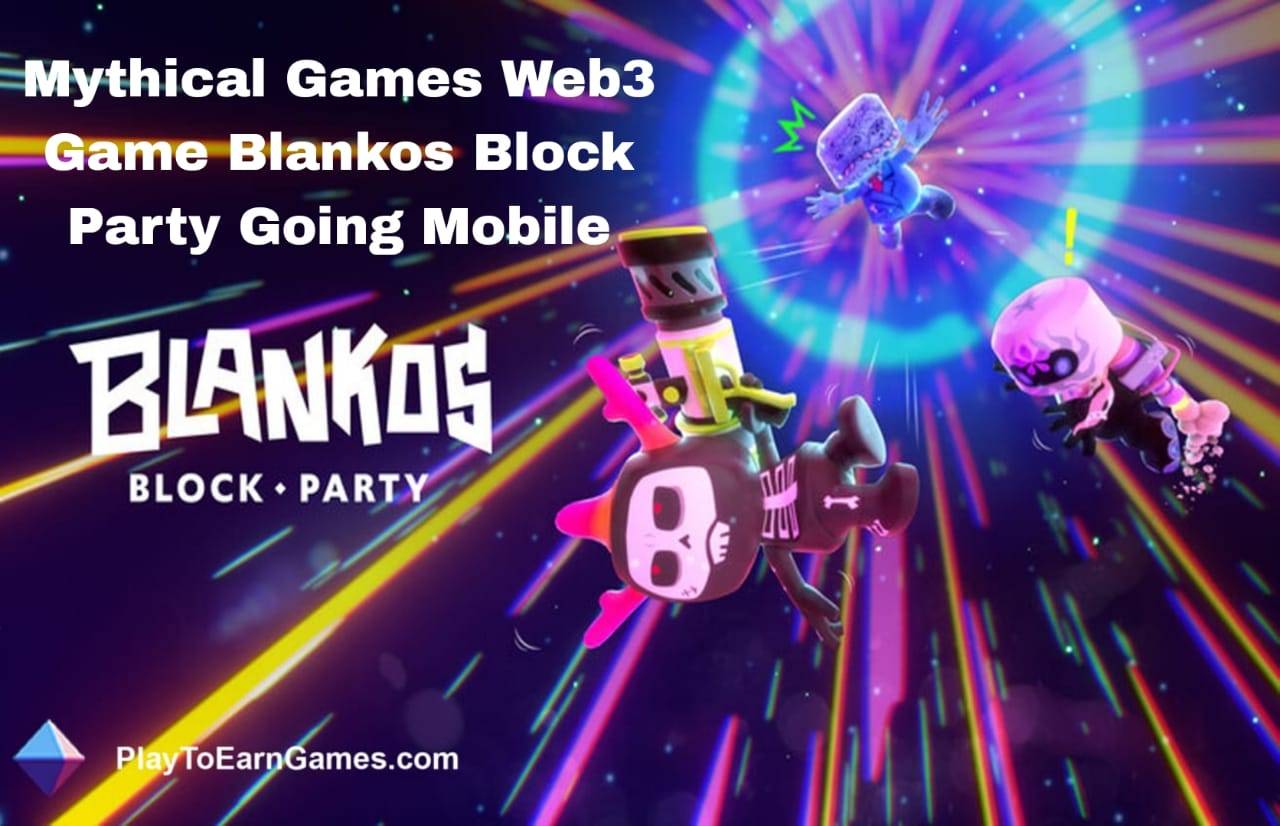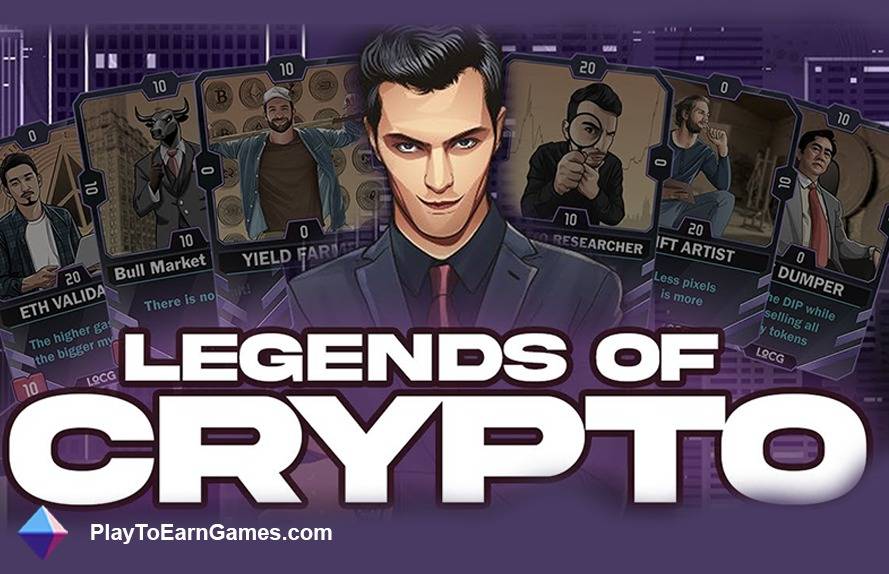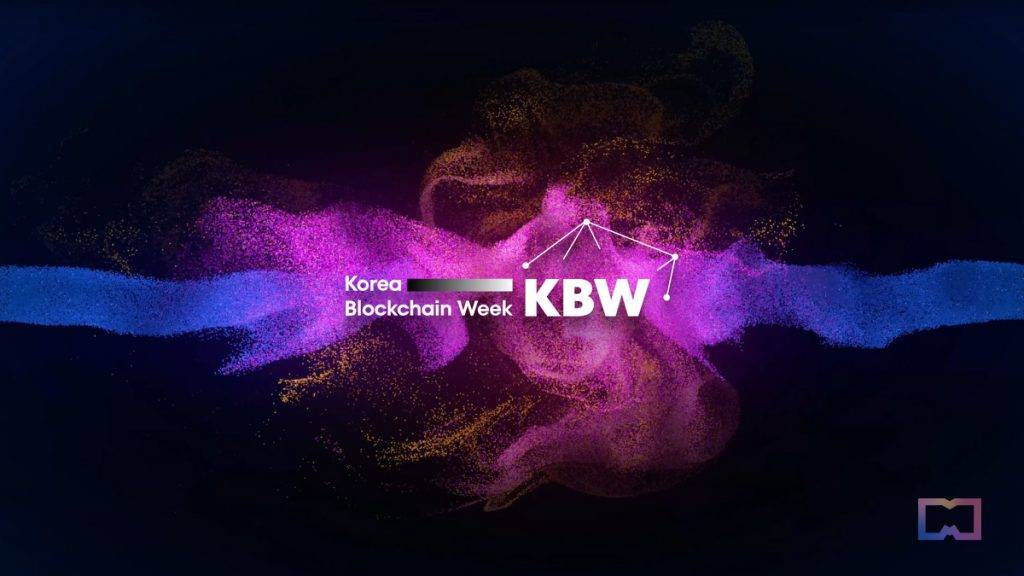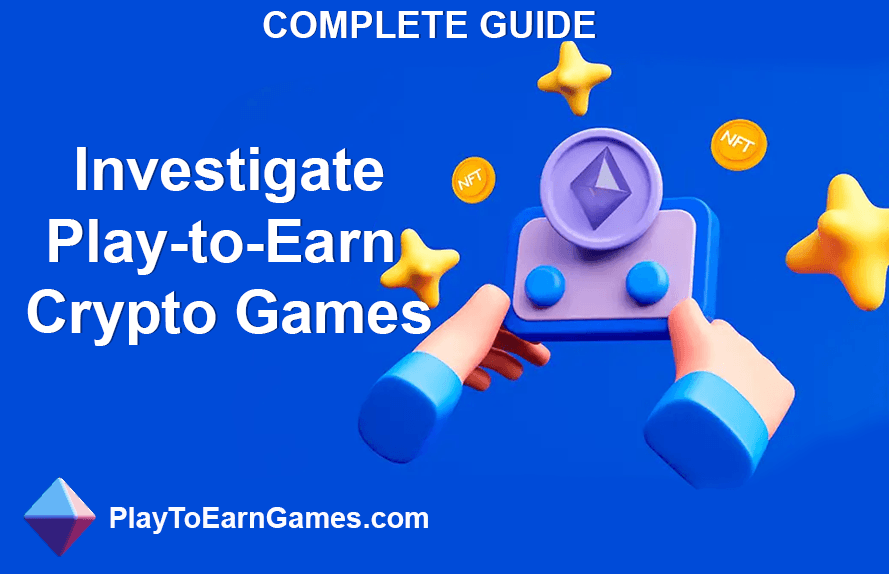
Web3 Gaming: Genres, Regulations, and Beyond - In-Depth Insights
Venture into the thriving $200 billion video game industry, where Web3 gaming is poised to revolutionize the landscape. In this article, we explore the latest trends and challenges within the gaming sphere, touching on the dynamic genres and pivotal developments. From regulatory hurdles to financial intricacies and the integration of DeFi features, we uncover the promises and complexities of Web3 gaming, offering a comprehensive glimpse into this rapidly evolving sector. The article explores the rapidly growing Web3 gaming sector within the $200 billion video game industry, highlighting the potential for revolutionary opportunities and NFT-based rewards. It delves into several critical aspects of Web3 gaming, addressing both its promises and challenges. Web3 gaming has gained significant traction, attracting developers and investors due to its potential for high returns. Millions of people engage in video gaming across various platforms, participating in in-game economies with valuable assets, such as NFTs and virtual currencies. However, beneath the surface, Web3 gaming faces substantial challenges, with a particular focus on legal and regulatory concerns.One of the major issues in the Web3 gaming industry is the ambiguity surrounding regulations. Developers and studios must navigate complex legal boundaries, including intellectual property rights, consumer protection, and gambling regulations. Additionally, Web3 games introduce novel challenges related to digital assets, virtual currencies, and financial laws, all of which operate within the broader uncertainty surrounding cryptocurrency regulations. Compliance with these regulations is crucial to avoid fines or criminal charges.The article emphasizes the importance of understanding the movement of money within Web3 games, especially as bad actors exploit unofficial channels for microtransactions, as seen in popular games like CSGO and World of Warcraft. Compliance with regulations governing money transmission is vital to ensure the integrity of in-game economies.Developers are urged to consider how new features in blockchain games may affect regulatory compliance, particularly if they involve assets like tokens or NFTs that could be classified as regulated money transmission activities. The role of the Commodity Futures Trading Commission (CFTC) in overseeing virtual currencies is also highlighted, along with proposed legislation that could expand its authority in digital currency markets.The article also addresses Know Your Customer (KYC) and Anti-Money Laundering (AML) compliance, which can conflict with the privacy and decentralization principles inherent in blockchain technology. Balancing regulatory requirements with user privacy remains a challenge for decentralized gaming platforms.Taxation in the context of blockchain games is another complex issue. In-game transactions can trigger capital gains tax in various jurisdictions, posing challenges for both developers and players. The need for clearer and more specific tax rules for blockchain gaming is emphasized.Finally, the integration of Decentralized Finance (DeFi) features into Web3 games is discussed. DeFi elements, such as staking governance tokens, using cryptocurrencies to obtain powerful in-game items (NFTs), and leveraging tokens as collateral for loans, enhance the gaming experience and create new economic opportunities for players.In summary, the article underscores the tremendous potential of Web3 gaming while highlighting the critical regulatory, financial, and technological challenges that must be navigated to unlock its full benefits and rewards.
Read more